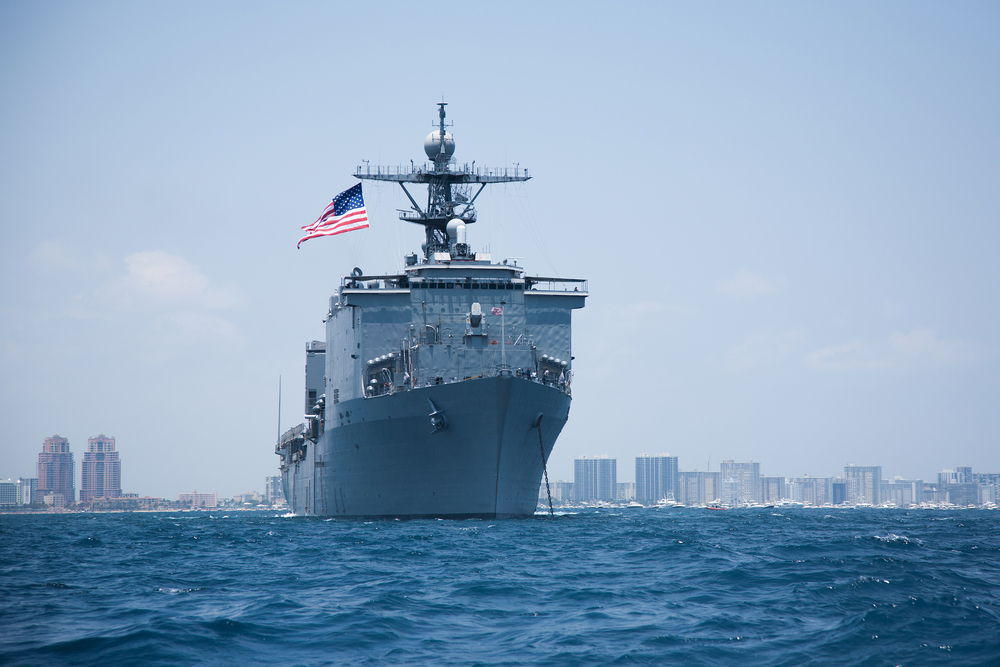
The Future of Marine Engineering: Innovations Shaping the Industry
Marine engineering is evolving rapidly with the advent of new technologies like autonomous ships, green energy solutions, and AI-driven maintenance. This post explores the latest innovations, including hybrid propulsion systems, smart navigation, and eco-friendly shipbuilding materials.
1. Autonomous and Smart Ships
The concept of autonomous ships is no longer science fiction. With advancements in artificial intelligence (AI), machine learning, and IoT (Internet of Things), vessels can now operate with minimal human intervention. Companies like Rolls-Royce and Wärtsilä are developing smart ships that use sensors and real-time data to optimize navigation, fuel consumption, and maintenance.
🔹 Key Features of Smart Ships:
- AI-driven predictive maintenance to prevent breakdowns
- Advanced navigation systems for collision avoidance
- Remote monitoring and control via satellite connectivity
2. Green and Sustainable Technologies
Environmental concerns are pushing the maritime industry toward sustainable solutions. Traditional diesel-powered ships contribute significantly to carbon emissions, but innovative technologies are emerging to reduce their environmental impact.
🔹 Notable Green Technologies:
- LNG (Liquefied Natural Gas) Propulsion: Reduces emissions by up to 30% compared to conventional fuels.
- Wind and Solar Assistance: Ships are integrating wind-assisted propulsion and solar panels to improve fuel efficiency.
- Ballast Water Treatment Systems: Prevents the spread of invasive marine species by treating ballast water before discharge.
- Hydrogen and Ammonia Fuel Cells: Zero-emission alternatives gaining traction in the shipping industry.
3. Advanced Ship Design and 3D Printing
Modern shipbuilding is leveraging computational fluid dynamics (CFD) and 3D printing to create more efficient and lightweight vessels. These innovations reduce fuel consumption while enhancing durability and performance.
🔹 Benefits of Advanced Ship Design:
- Improved hydrodynamics for better fuel efficiency
- Use of composite materials for weight reduction
- Rapid prototyping through 3D printing for spare parts and complex components
4. Digital Twin Technology in Marine Engineering
Digital Twin technology is a game-changer in ship maintenance and operations. It involves creating a virtual replica of a ship that updates in real-time, allowing engineers to monitor performance, predict failures, and optimize efficiency.
🔹 How Digital Twin Benefits the Industry:
- Real-time monitoring of ship systems
- Enhanced predictive maintenance for machinery
- Simulation-based testing before implementing modifications
5. The Role of Artificial Intelligence and Big Data
AI and big data analytics are transforming marine engineering by optimizing shipping routes, fuel consumption, and overall vessel performance. AI-driven automation ensures safer and more efficient voyages, reducing human error and operational costs.
🔹 Applications of AI in Marine Engineering:
- Smart weather routing for efficient voyages
- AI-powered maintenance planning
- Automated cargo handling and logistics management

